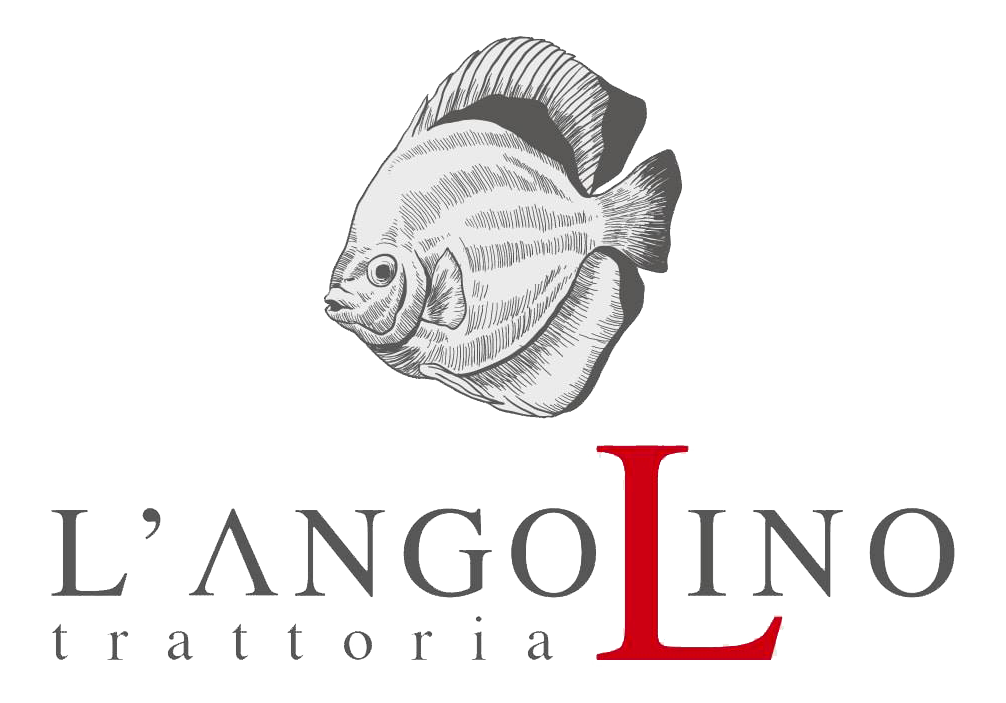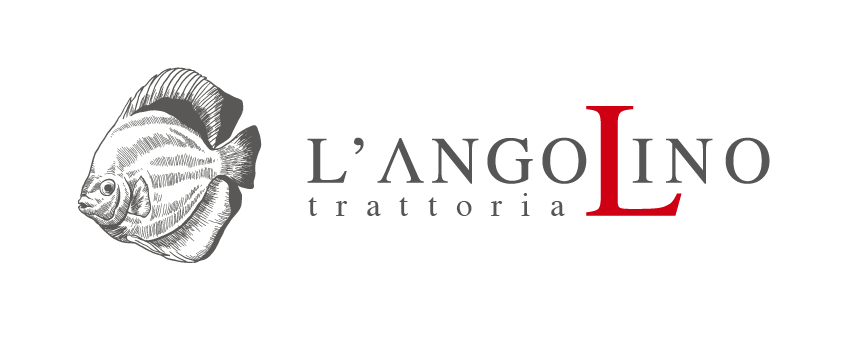Non-HDL Cholesterol: Recognizing Its Value as well as Implications
Cholesterol, a ceraceous substance located in our blood, is vital for the normal performance of cells in our body. Nonetheless, when the levels of cholesterol end up being imbalanced, it can result in numerous illness, consisting of heart disease. Non-HDL cholesterol is an essential precio tonerin medicamento pen utilized to examine cardiovascular wellness as well as overview treatment choices. In this write-up, we will certainly explore what non-HDL cholesterol is, its relevance, as well as just how it can be managed to advertise overall health.
When we talk about cholesterol, we frequently describe 2 main types: high-density lipoprotein (HDL) cholesterol and low-density lipoprotein (LDL) cholesterol. HDL cholesterol is commonly termed as “excellent” cholesterol because it aids eliminate excess cholesterol from the blood as well as protects against heart disease. On the other hand, LDL cholesterol is considered “poor” cholesterol as it can contribute to the development of plaque in the arteries, raising the risk of heart disease.
Recognizing Non-HDL Cholesterol
Non-HDL cholesterol is essentially a procedure of all the cholesterol-containing particles in the blood that are not HDL cholesterol. It includes LDL cholesterol, very-low-density lipoprotein (VLDL) cholesterol, as well as intermediate-density lipoprotein (IDL) cholesterol. Non-HDL cholesterol gives a detailed analysis of the cholesterol that contributes to the buildup of plaque in the arteries, making it a superb forecaster of cardio threat.
Non-HDL cholesterol degrees can be conveniently computed by subtracting HDL cholesterol from the total cholesterol value. Unlike other cholesterol pens, non-HDL cholesterol thinks about all the cholesterol particles that have the possible to create injury to the cardio system. This makes it a trusted device for evaluating the threat of cardiovascular disease, especially for individuals with high triglyceride levels, which are typically related to boosted VLDL cholesterol.
Keeping non-HDL cholesterol levels within a healthy and balanced variety is crucial for maintaining cardiovascular wellness. High levels of non-HDL cholesterol suggest an enhanced danger of heart problem, while reduced levels are connected with a reduced risk. It is critical to comprehend that non-HDL cholesterol alone does not supply a full image of cardio health yet serves as an important piece of the problem.
The Importance of Non-HDL Cholesterol
Non-HDL cholesterol is an essential device in examining a person’s risk of establishing cardiovascular disease. Researches have regularly shown a straight correlation between raised non-HDL cholesterol degrees and also an enhanced threat of cardiovascular disease. Unlike LDL cholesterol, which is frequently made use of as the primary indication of cardio risk, non-HDL cholesterol thinks about all the cholesterol bits that contribute to the growth of plaque in the arteries.
Several standards as well as professional panels, including the American Heart Organization and the National Cholesterol Education and learning Program, recommend making use of non-HDL cholesterol as an important marker in the total assessment of cardio health. It is specifically helpful for people with additional risk aspects such as diabetes, metabolic syndrome, or a family members history of heart problem.
Keeping an eye on non-HDL cholesterol levels is critical for people with existing heart problem or those at high danger. It offers healthcare experts with essential details to guide therapy decisions and keep track of the effectiveness of treatments like way of living modifications or drug therapy.
Handling Non-HDL Cholesterol Levels
Thankfully, non-HDL cholesterol degrees can be effectively handled with various approaches. Embracing a heart-healthy way of living is the keystone of handling cholesterol levels. This includes adhering to a well balanced diet regimen that is low in saturated and trans fats, engaging in normal physical activity, maintaining a healthy and balanced weight, and also avoiding tobacco use.
For people with dramatically high non-HDL cholesterol levels or those at high threat of cardiovascular occasions, medicine therapy might be required along with way of life modifications. Statins are one of the most commonly recommended medications for taking care of cholesterol degrees and decreasing the risk of heart problem. Various other drugs, such as ezetimibe, bile acid sequestrants, and PCSK9 preventions, may also be used in specific situations.
- Statins: These medications work by inhibiting an enzyme associated with cholesterol production, leading to decreased LDL cholesterol degrees.
- Ezetimibe: Ezetimibe works by decreasing the absorption of cholesterol from the intestinal tracts, successfully decreasing LDL cholesterol degrees.
- Bile Acid Sequestrants: These drugs bind to bile acids in the intestines, bring about raised excretion of cholesterol and also decreased LDL cholesterol levels.
- PCSK9 Preventions: PCSK9 inhibitors are a more recent course of drugs that help lower LDL cholesterol levels by preventing a healthy protein that reduces the liver’s ability to eliminate LDL cholesterol from the blood.
It is important to note that drug therapy should constantly be prescribed and also checked by a healthcare expert, thinking about individual danger aspects as well as potential negative effects.
Conclusion
Non-HDL cholesterol is a vital marker in assessing a person’s danger of establishing heart disease. It gives an extensive assessment of cholesterol particles that contribute to the buildup of plaque in the arteries, making it an exceptional predictor of cardio threat. By managing non-HDL cholesterol degrees through lifestyle modifications as well as, if necessary, medication treatment, people can minimize their threat of cardiovascular disease and also promote total cardiovascular wellness. Routine monitoring as well as collaboration with health care specialists are type in keeping ideal cholesterol degrees and preventing the complications associated with high non-HDL cholesterol.
Bear in mind, preserving a healthy lifestyle, making notified dietary choices, remaining physically energetic, and complying with clinical advice are vital steps in maintaining your cholesterol levels in check and guarding your cardio health and wellness.



